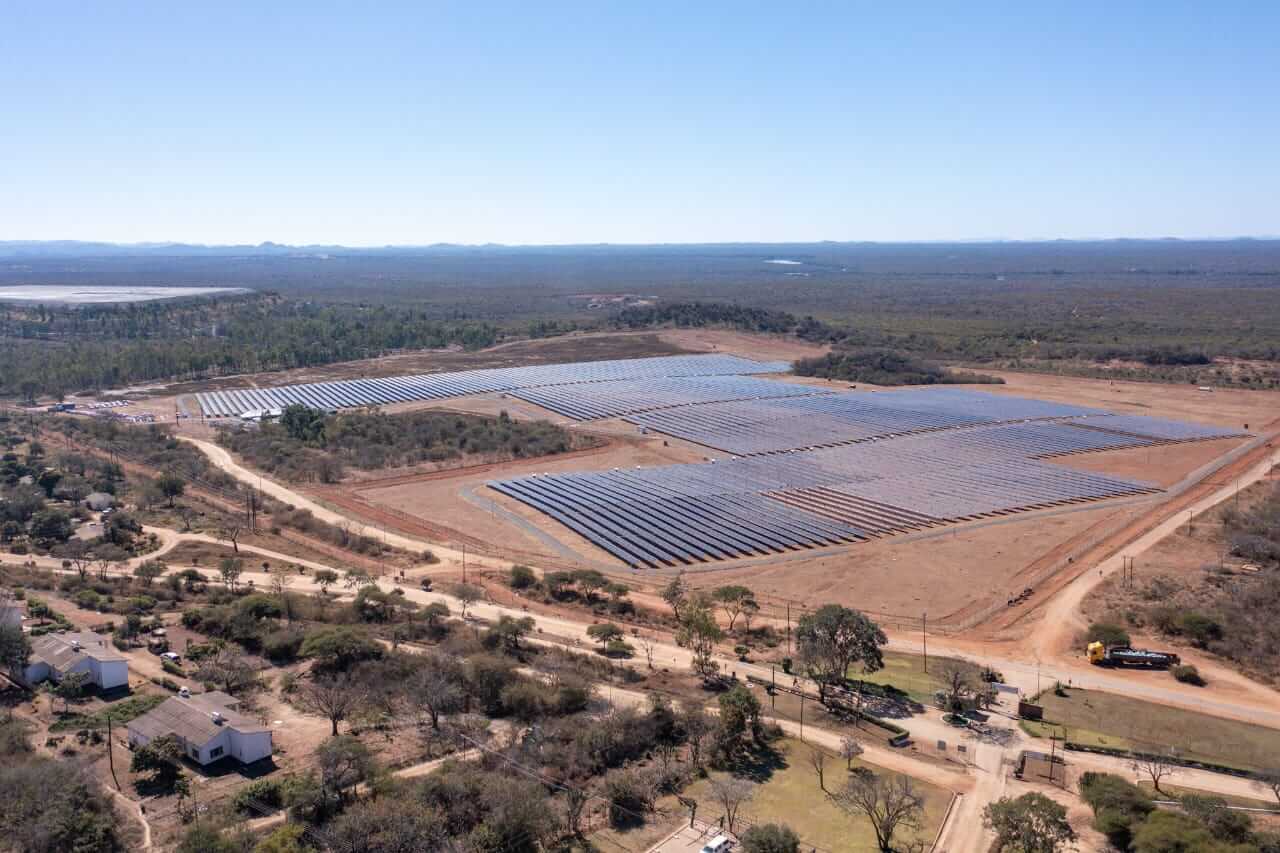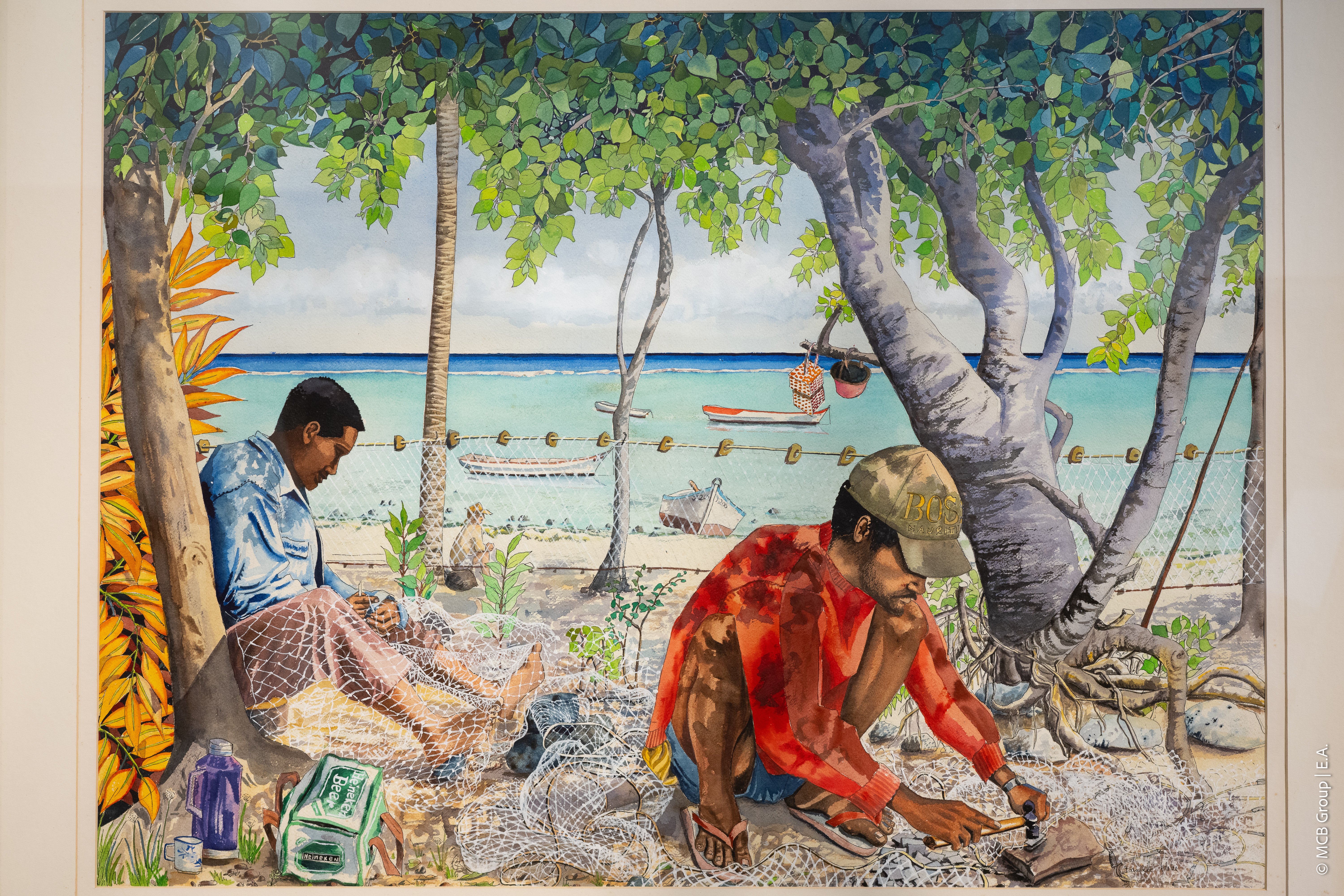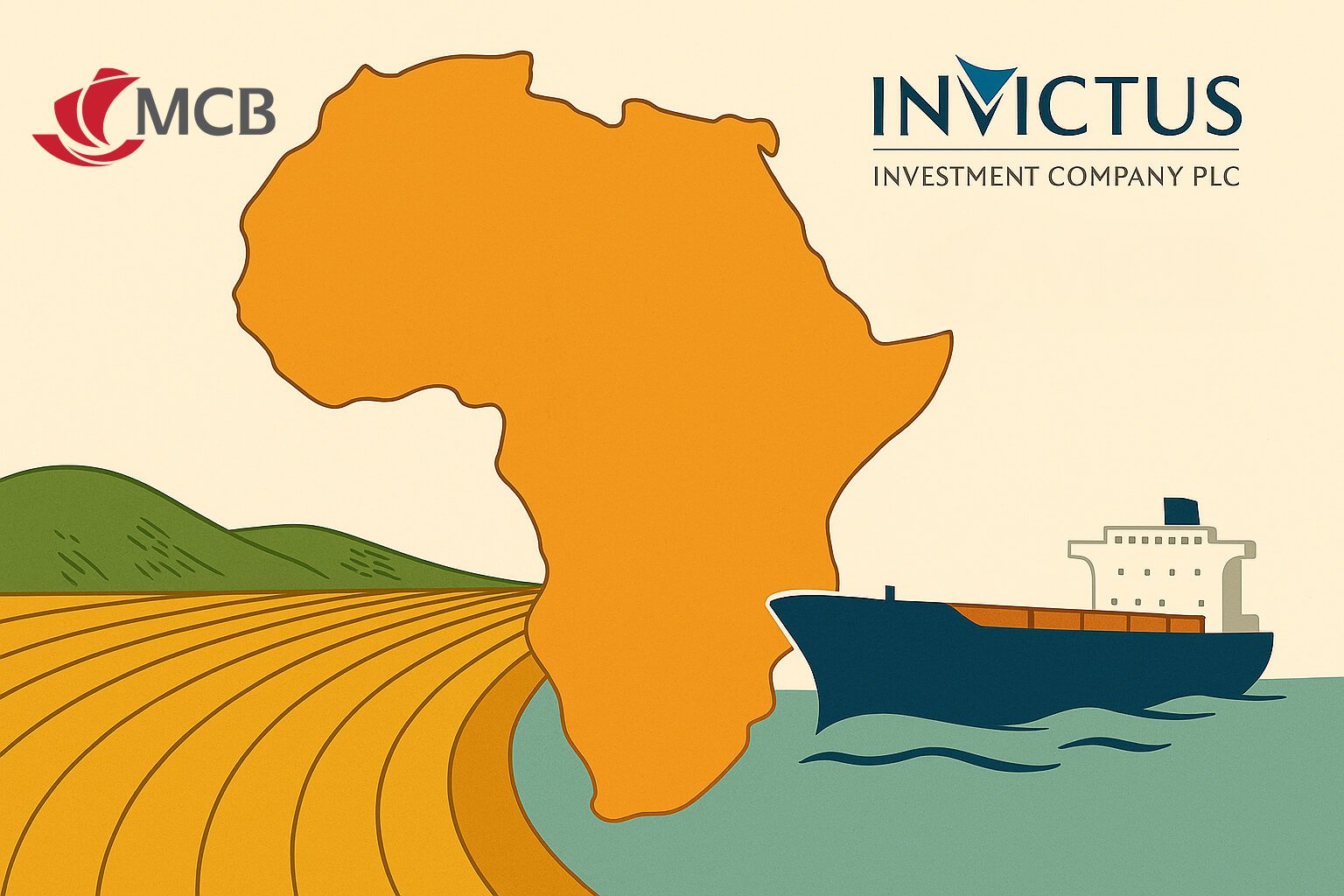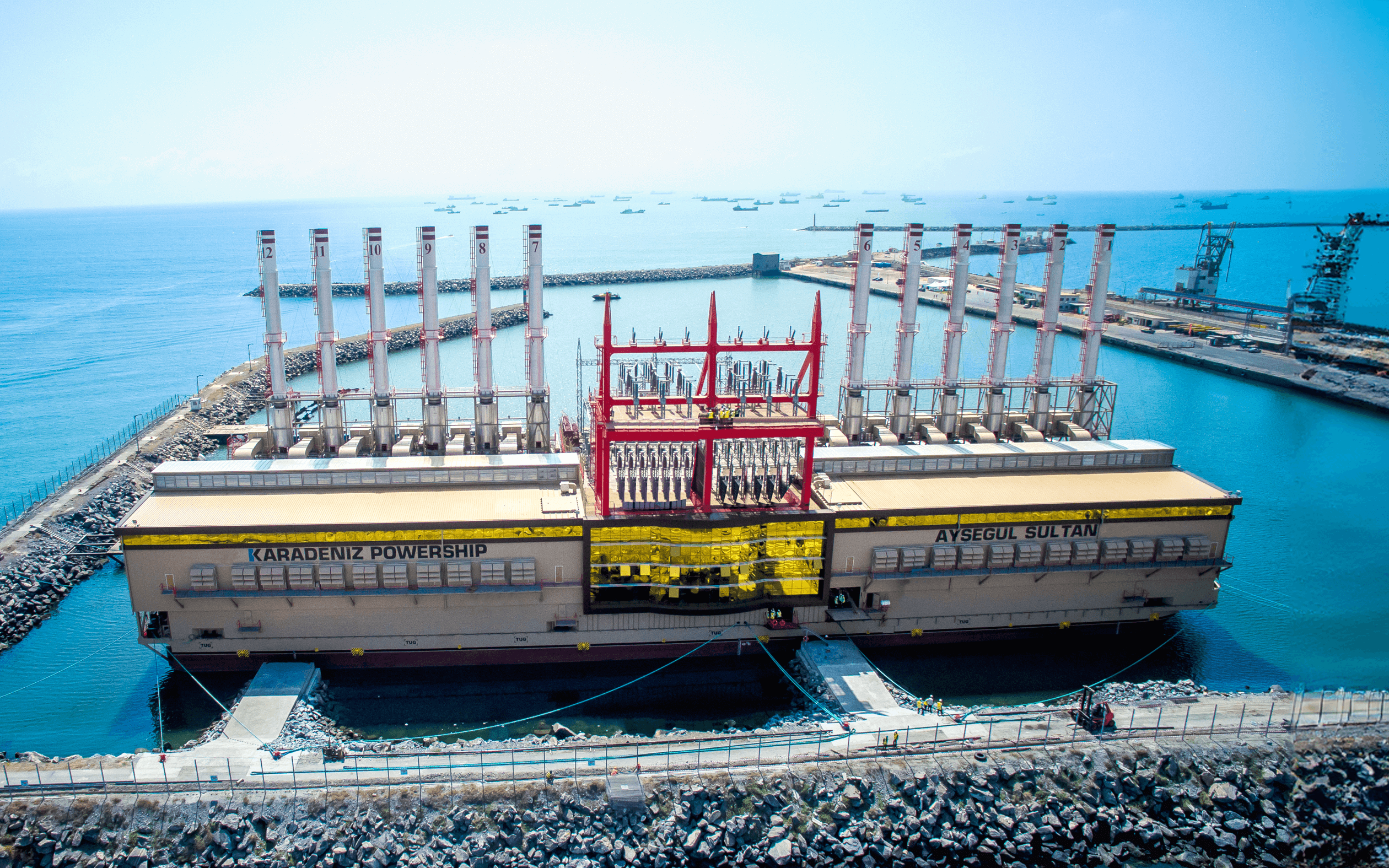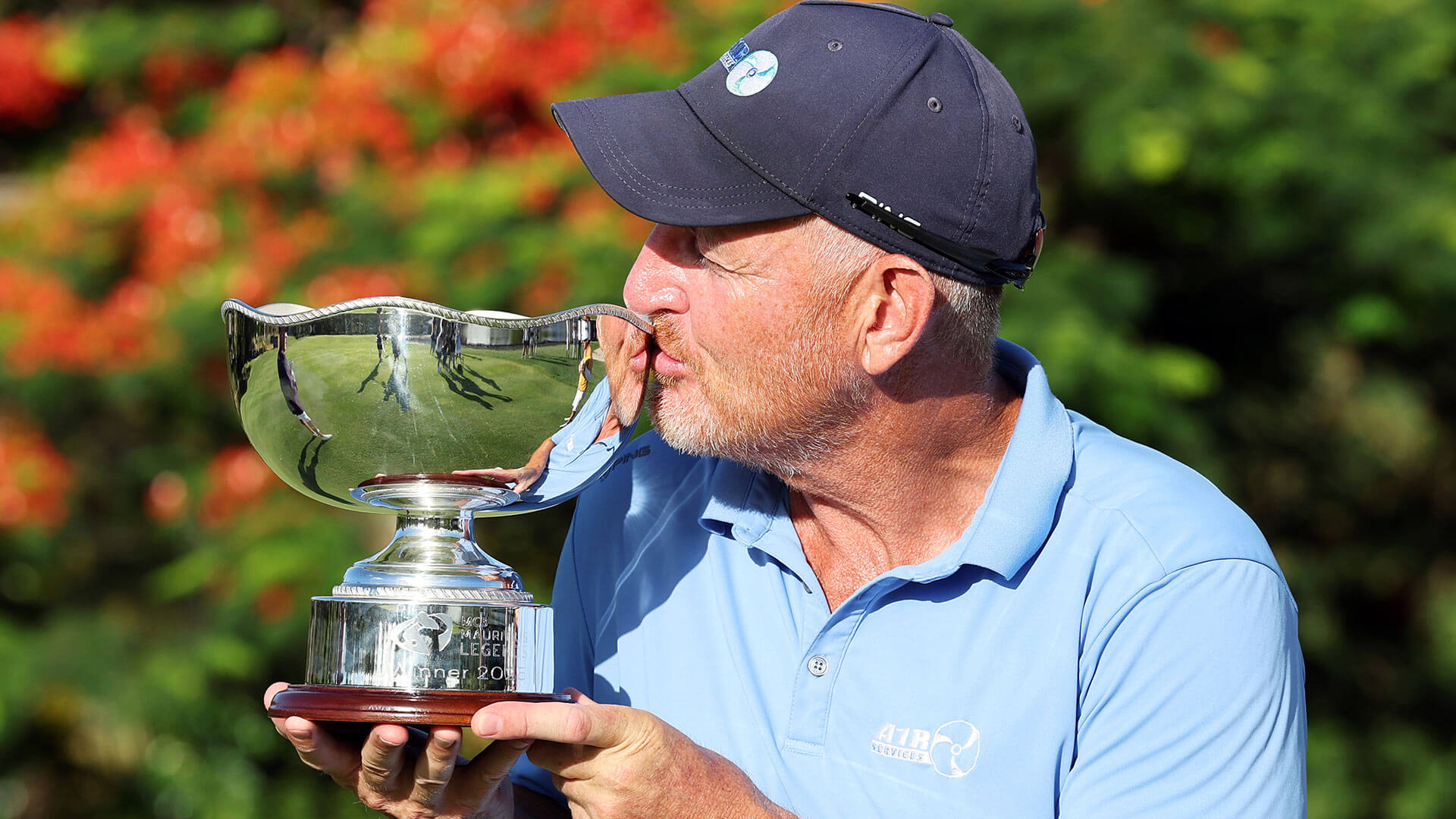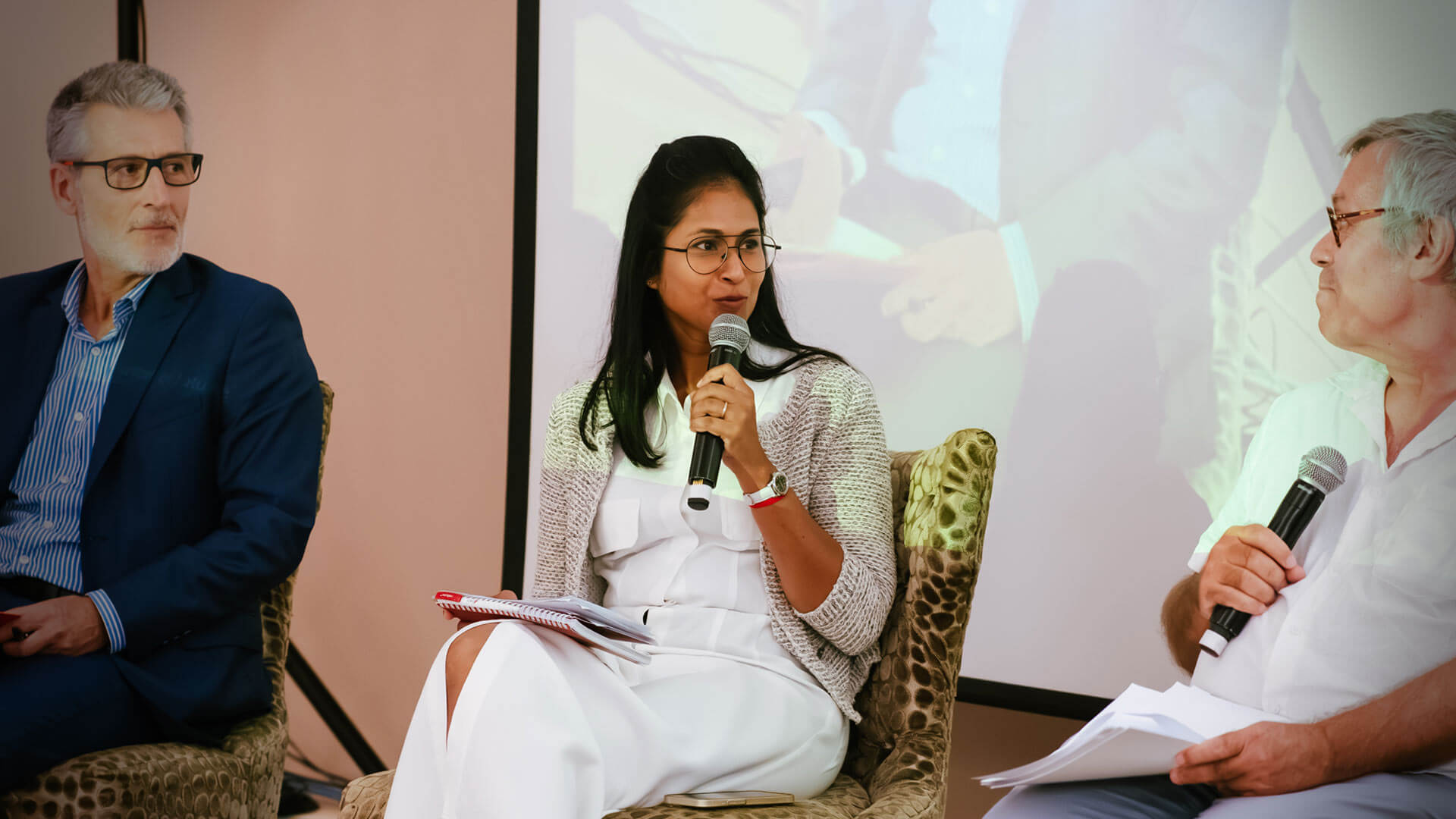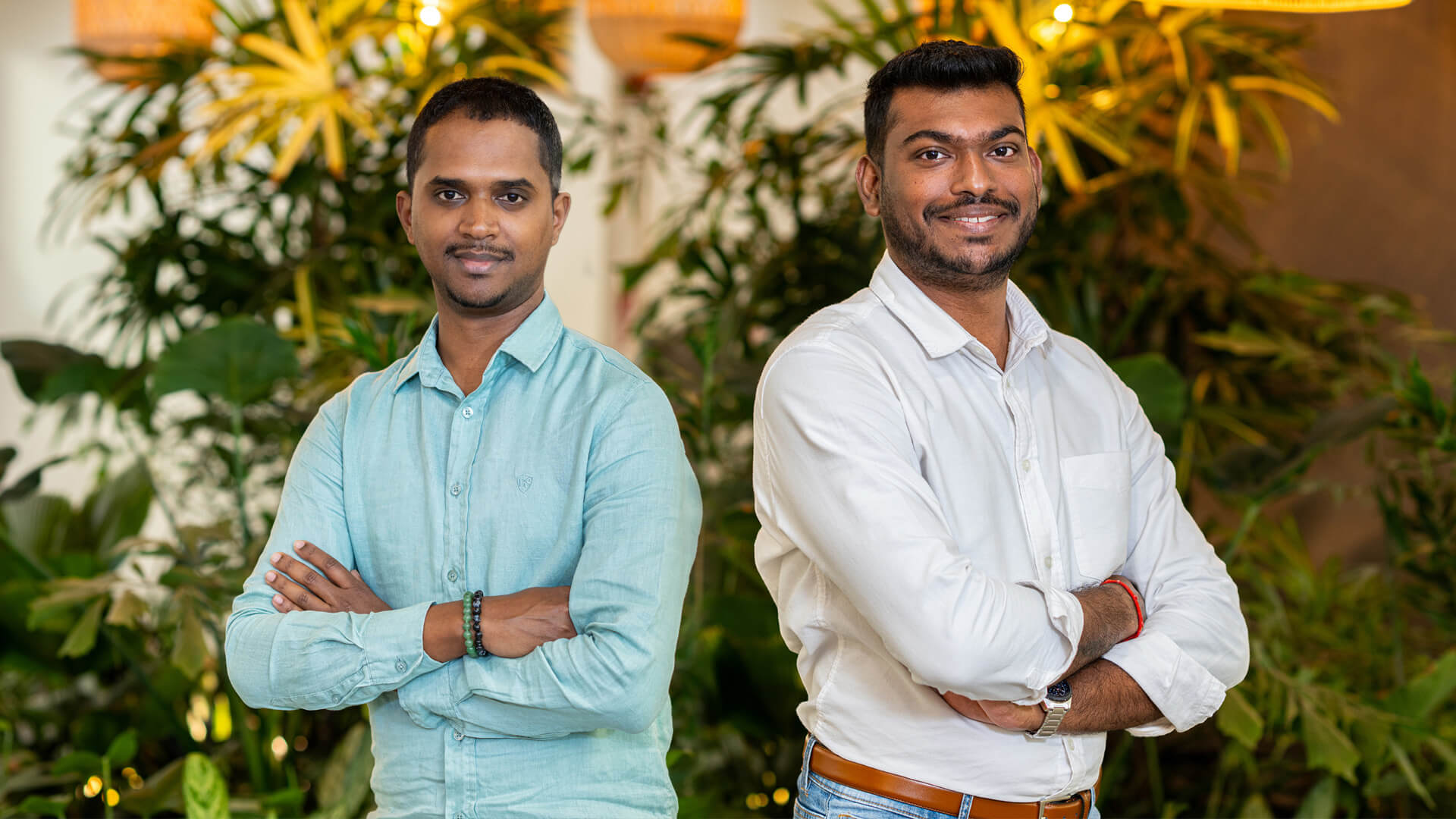- Home
- Investors Centre
- Sustainability
- Talent
- News
- Insights
- TH!NK
- Corporate Governance
- Company Profile
- Board of Directors
- Community
- MCB Offices
Contact Info
MCB’s Parik Tulsidas pleads for a better pass-through in Africa
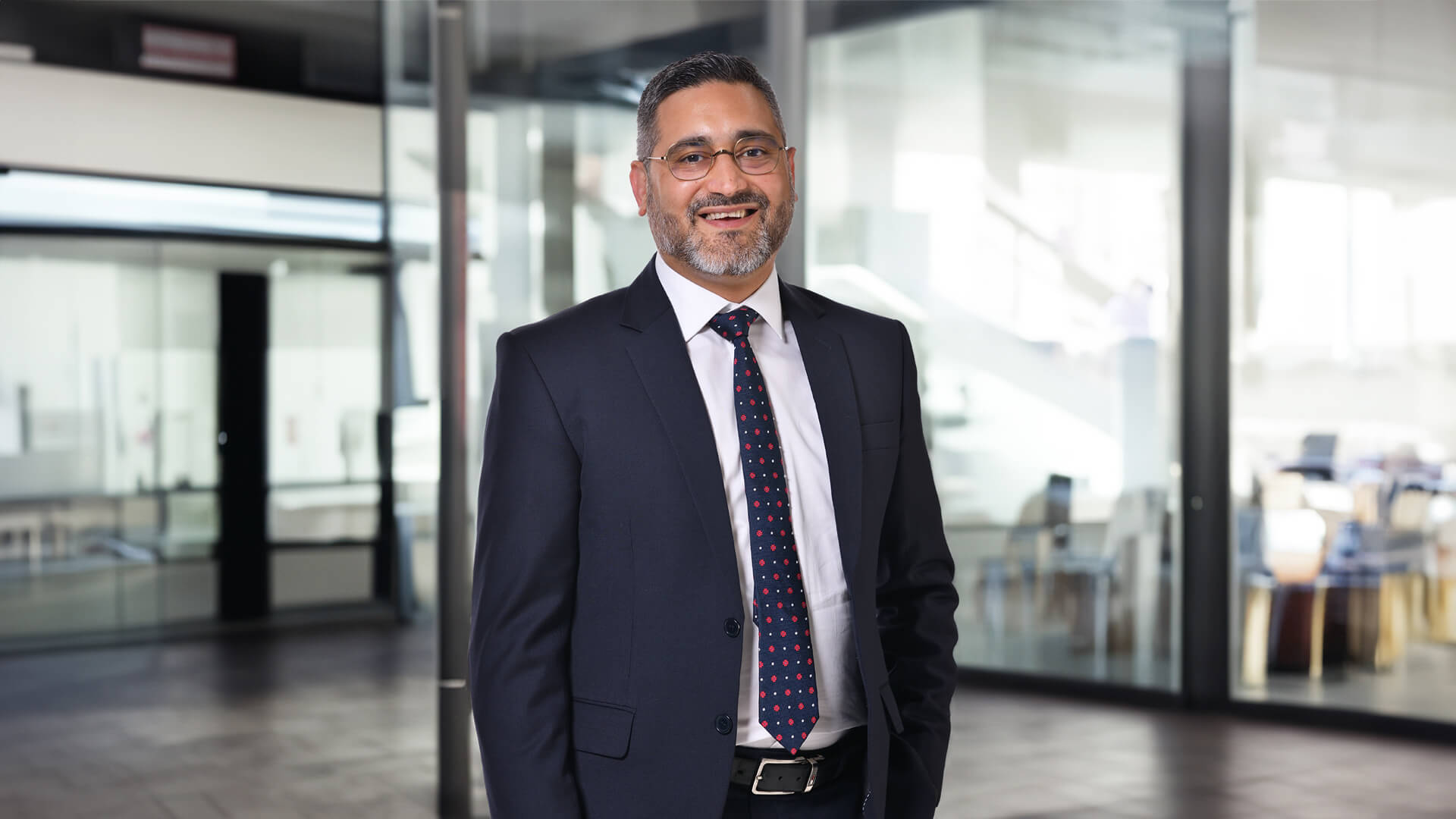
- Banks and investors have to be cognizant of the social impacts of projects in Africa.
- The end of high inflation in developed markets indicates better times for the continent.
- MCB serves businesses investing in Africa whether or not they are structured in Mauritius.
Proceeds from Africa’s rich commodities trading aren’t being passed through the different economies, MCB’s Head of Financial Markets Parik Tulsidas said on CNBC Africa, arguing that only when it does will the continent really thrive.
The Mauritius International Financial Centre (MIFC) contributes some USD 6 billion in taxes to a number of African countries, MCB’s head of Financial Markets, Parik Tulsidas, said on CNBC Africa on 7 August.
He was participating in a panel discussion on how global investment from the MIFC is accelerating Africa’s economic expansion, along with Priscilla Balgobin-Bhoyrul from Dentons Mauritius LLP, Mitco’s Nathalie Daynes, Bilal Adam from Stewards Investment Capital, and Gareth Land from 2Futures.
Mr Tulsidas regretted, however, that Africa’s proceeds from commodities and trading weren’t really being passed through to the different economies on the continent, saying it is extremely important that there is “a better pass-through because this will mean more consumption and a lot more opportunities for foreign investors”.
He believes there needs to be “a commitment by governments from a regulatory perspective to ensure that the money that’s coming in is passed through to the economy. This will lead to a lot more opportunities for investment, whether it’s intra-Africa or from the developed markets into Africa”.
This is all the more important as the African continent's fundamentals are very good, he added, with an abundance of energy resources, metals, and minerals, as well as a young population with higher education and elevated expectations. Added to that, Mr Tulsidas says he is convinced that better days for the continent will follow the end of the high-inflation environment in the developed markets. The predicted interest rate cuts should see an influx of investment in Africa as investors start borrowing in cheaper currencies.
Saying there’s a lot of appetite for investment on the continent, Parik Tulsidas stresses that a concerted effort needs to be made to create the right ecosystem and environment to attract the right kind of investment. He remains convinced that the “pass-through” depends on banks like the MCB focusing on the social impact of their financing on the continent.
The social impact of doing business is an integral part of Environment Social Governance (ESG), a principle that governs responsible investment and puts the onus on investors and banks to take into account the impact of a project on the environment, society and governance. MCB has an Environmental and Social Risk Management (ESRM) methodology it uses to identify, assess and manage the environmental and social risks to which it is exposed through its lending activities.
Mr Tulsidas posits that while the developed markets put a lot of emphasis on the “E, the need to reduce carbon emissions, I think that in Africa, the social element plays an important role”. He adds that if the “S” is not taken into account, “you don’t make people’s lives better, the ‘pass-through” won’t happen, and you won’t have a thriving continent. I think we need to pay a lot of attention to that”.
He says the types of investment currently happening in Africa go in that direction, adding that these were indeed “exciting times” for Africa.
Bilal Adam of Stewards Investment Capital confirmed Tulsidas’ assertion, saying that the money that leaves Africa (via Mauritius) “is often short-term money, passive investment such as listed bonds and equity-type returns and fixed income. Whereas the money that comes back to the continent often has a social impact focus and is often longer-dated because it’s private equity or infrastructure, which has a longer commitment”.
The panel consensus was that Mauritius, with its 30 years' worth of experience as an IFC, a history of structuring some 450 Private Equity Funds, 29 IPPAs signed, and 44 tax treaties, offered significant advantages to investors. The jurisdiction's safety and security, tried-and-tested hybrid legal system, service providers, level of compliance, and set of laws only add to its allure as a one-stop shop for business in Africa.
That said, Parik Tulsidas stressed that MCB was agnostic about whether companies were structured in Mauritius or not. “As long as you’re doing business in Africa, we want to talk to you”, he said, adding that in addition to funding, MCB also provided transactional banking, payroll, procurement, and treasury management, all of which are centralised in Mauritius, irrespective of where the business operates on the continent.
View the full video here:
Subscribe to our Email Alerts
Stay up-to-date with our latest releases delivered straight to your inbox.
Contact
Don't hesitate to contact us for additional info
Email alerts
Keep abreast of our financial updates.





